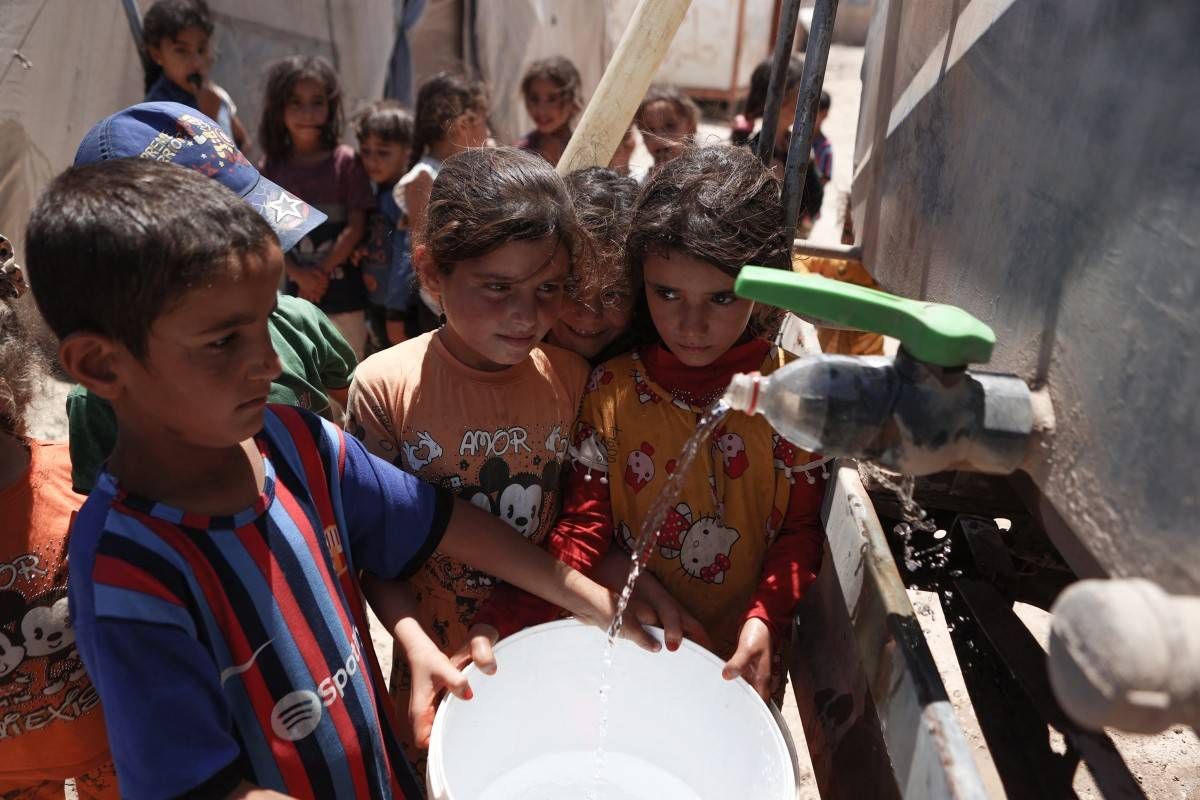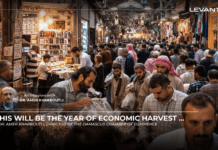
The humanitarian crisis in northern Syria continues to deteriorate, as highlighted by a UN Security Council briefing. Over 16 million people across Syria, the majority of whom are women and children, are in dire need of humanitarian assistance, according to Ramesh Rajasingham of the UN Office for the Coordination of Humanitarian Affairs (OCHA).
Rajasingham emphasized the challenges faced by Syrians due to prolonged conflict, economic hardship, climate change, and a significant drop in humanitarian funding. The lack of development programs for essential services has become especially evident during the summer. He warned that the current funding shortage severely limits the UN’s ability to sustain and expand aid activities.
Over 900,000 people in northwestern Syria are deprived of crucial water and sanitation support. The water crisis in northern Syria has reached a critical point. The “Response Coordinators” team reported on July 29 that nearly 1,000 camps in the Idlib and Aleppo countryside are experiencing severe water shortages, posing a significant health risk. Hundreds of camp residents have complained about the ongoing water cut-offs amid soaring temperatures.
More than 991 camps, including 160 in eastern and northern Aleppo, suffer from a complete water outage. Additionally, 918 camps receive no food aid, and 437 camps receive it only intermittently. The rising cost of water has made it unaffordable for 80% of the displaced population, who also face issues with the quality and safety of the water available to them.
The region hosts over 1.9 million displaced individuals, spread across 368,569 families. The response team has called for urgent intervention from humanitarian organizations and local authorities to provide water, even if temporarily through water tankers.
The latest OCHA report, published on July 29, reveals that 3.55 million displaced people in northwestern Syria are in need of aid. Of these, 2.4 million are in northern Aleppo and 1.15 million in Idlib. About 1.53 million displaced individuals reside in 1,539 camps and unofficial sites. Internal displacement and returns continue, with 22,100 movements recorded in the first quarter of 2024, predominantly to liberated Idlib and northern Aleppo.
Women and children, who constitute 79% of those in need in northwestern Syria, are among the most vulnerable. 4.8 million people are requiring non-food assistance, 12.9 million Syrians experiencing food insecurity, 3.6 million suffering from severe food insecurity, and 3.1 million are experiencing acute food insecurity. Since the beginning of 2024, 407 trucks loaded with humanitarian aid have crossed from Turkey into northwestern Syria, delivering essential supplies like food, medicine, and educational materials.
A report issued on July 30 by the World Food Programme (WFP) noted a sharp rise in the cost of living in Syria this year. The minimum expenditure basket, a key indicator for measuring the cost of living, has doubled compared to 2023. The minimum wage in Syria now covers only a fifth of a family’s basic food needs and does not exceed a tenth of what is required to meet other basic necessities.
In June, the WFP provided emergency food assistance to over one million people across Syria. Despite a strong focus on the most vulnerable groups, limited funding can only support one-third of those suffering from severe food insecurity. The WFP notes several challenges affecting its operations, including civil unrest and security concerns.
The WFP estimates that $459 million is needed for the next six months (July-December 2024) to continue its activities in Syria. The Syrian Cross-Border Humanitarian Fund (SCHF) has supported ongoing humanitarian activities valued at $24.9 million this year, with $11.7 million in contributions. However, the escalating needs demand more robust international support and donations.
The worsening humanitarian crisis in northern Syria underscores the urgent need for increased humanitarian aid and a sustainable political solution. Without immediate and concerted efforts from the international community, millions of Syrians will continue to face severe hardships.








